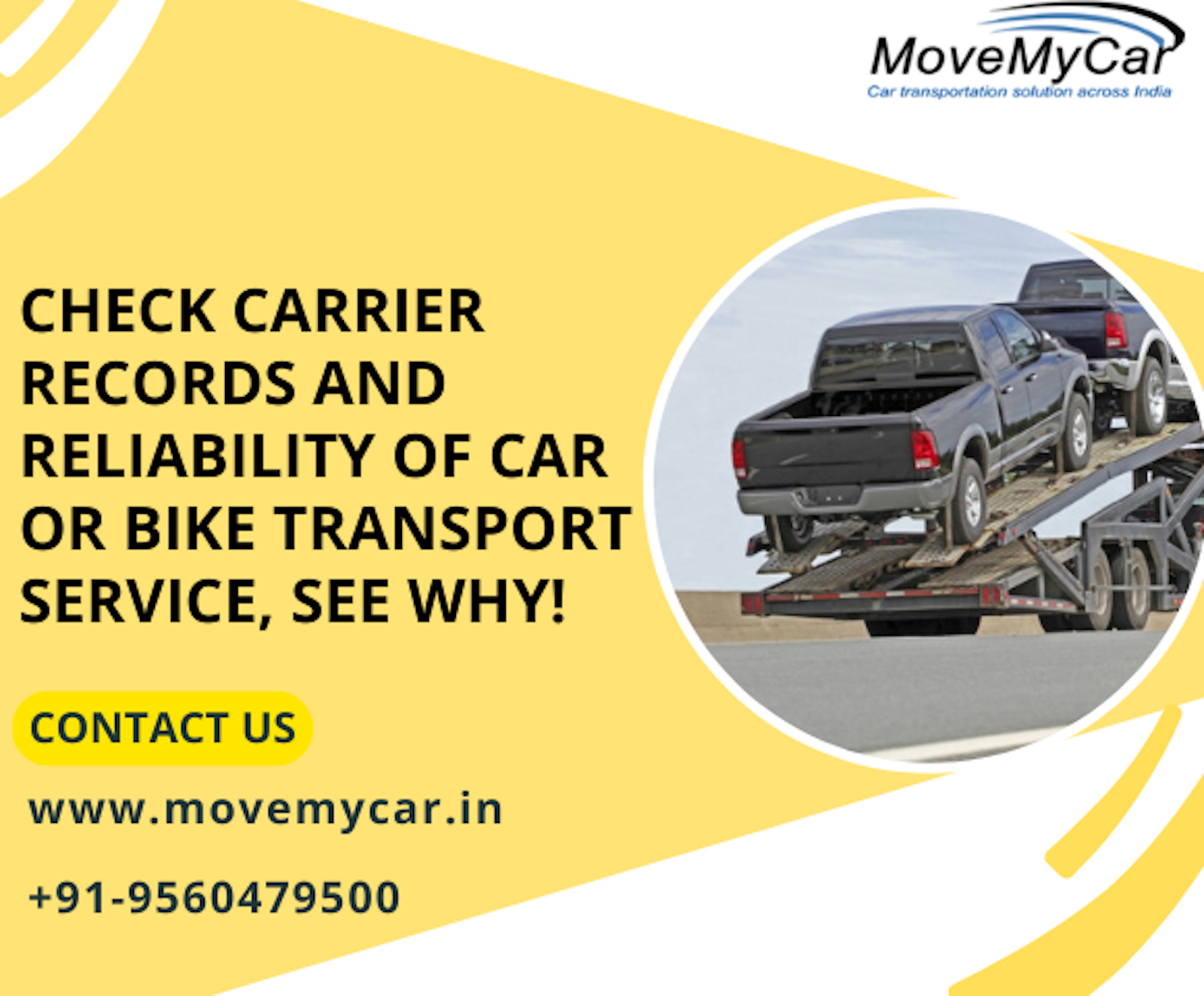

You may have encountered alarming stories about auto transport carriers damaging valuable vintage cars or supercars due to negligence. We aim to prevent such distressing situations from occurring by guiding you on how to assess carriers through the verification of their transport history, insurance coverage, and overall reliability. These verification processes significantly enhance the chances of your safe car or bike transport service arriving at its destination punctually.
Experiencing damage to your vehicle during transport is unfortunate; however, being held liable for the costs of those damages due to a lack of verification of the carrier’s insurance is even more regrettable.
While liability insurance is the minimum legal requirement for carriers, cargo insurance is often anticipated, even though it is not mandated by law. Liability insurance is typically included in the car shipping fee, but additional coverage options are usually available for selection at the time of booking.
There are several methods to verify a carrier’s active insurance policies. A good starting point is to contact the carrier directly and request an insurance certificate. Alternatively, you can reach out to the insurance provider of the auto hauler to confirm their coverage and the extent of that coverage.
You may need to provide supplementary documentation for a claim, such as:
Analyzing a carrier's reputation is crucial for determining its dependability; therefore, it is important to review customer feedback and testimonials. Ideally, you should select a carrier that maintains a minimum average rating of four stars.
Individuals shipping their vehicles desire a seamless, hassle-free, and punctual experience. Engaging with a broker or conducting thorough independent research to confirm a carrier's transport history, insurance coverage, and overall reliability will help prevent issues such as vehicle damage or delays in delivery causing expensive bike or car delivery service cost.